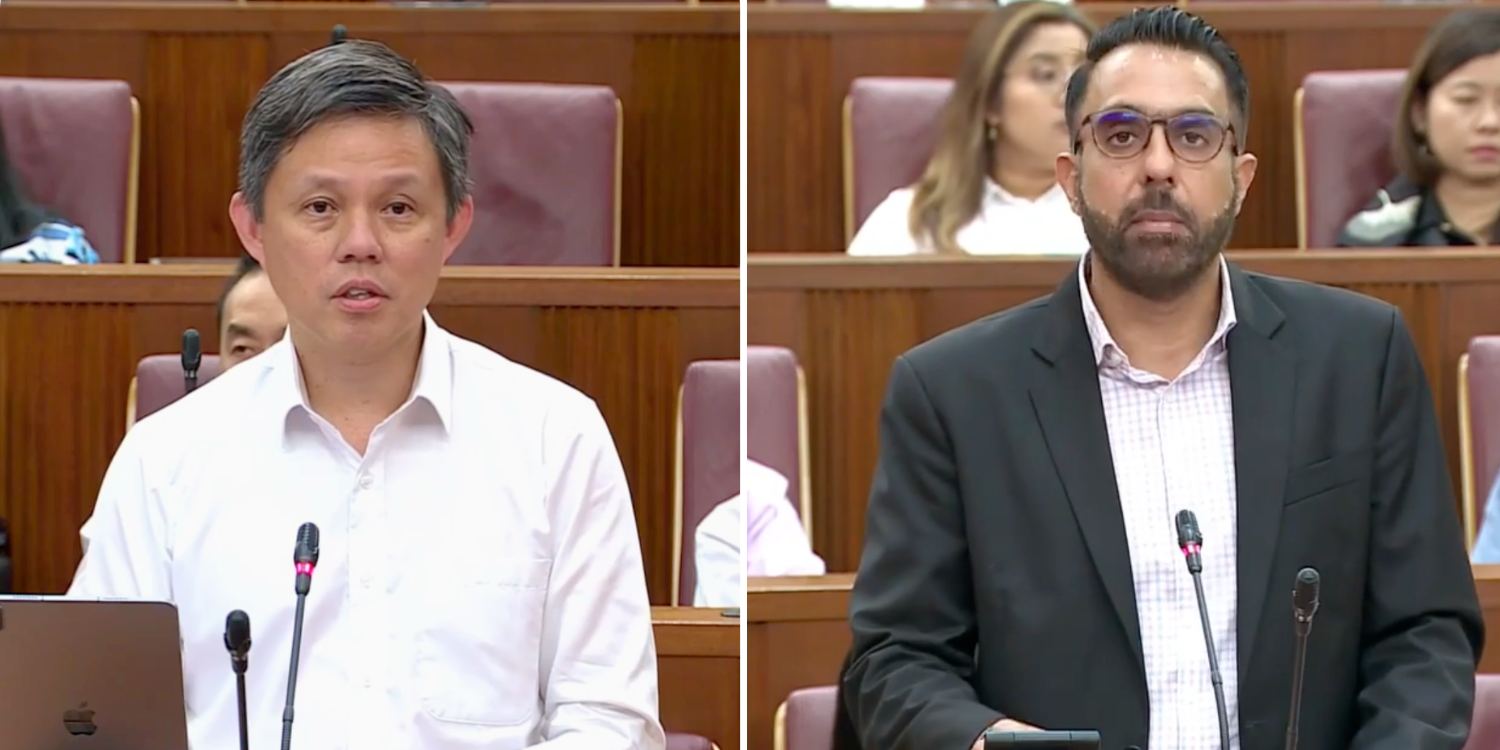Opposition parties raise concerns about gerrymandering in recent parliamentary debate
During a parliamentary debate on Wednesday (7 Aug), opposition parties in Singapore, led by the Progress Singapore Party (PSP), voiced concerns about gerrymandering against the ruling party.
PSP’s secretary-general, Ms Hazel Poa, called for an overhaul of the process by which electoral boundaries are drawn. She also suggested that the chairmanship of the Electoral Boundaries Review Committee (EBRC) should be held by a High Court judge to ensure fairness and impartiality.
Leader of the Opposition from the Workers’ Party (WP), Mr Pritam Singh, echoed Ms Poa’s sentiments, listing out three instances where electoral boundaries have been redrawn after particularly close electoral battles.
Accuses ruling party of gerrymandering
According to Channel News Asia (CNA), gerrymandering is the practice of manipulating electoral boundaries, which results in giving an advantage to certain political parties over others.
“Gerrymandering seeks the easy way out of changing the rules,” Ms Poa said, stressing the need to “reduce the potential for gerrymandering in our system”.
She suggested changes in the way the electoral boundaries are drawn, including appointing a High Court judge to be the chairman of the ERBC, instead of the Secretary to the Prime Minister.
She also called for a set criteria to determine which constituencies need adjustment ahead of the elections.
Echoing this, Mr Singh said that the ruling party has “gained political advantage from the way the electoral boundaries have been drawn and redrawn”.
He included three past examples, one of which goes “as far back as 1996”, where the electoral boundaries have been redrawn after close battles with the opposition parties — in particular, his own.
Former WP chief Low Thia Khiang, Mr Singh pointed out, had previously presented a table that showed how Single Member Constituencies that had been through close electoral races “were invariably incorporated into Group Representation Constituencies”.
He said Singapore should implement a “politically impartial electoral boundary system”, based on international best practices.
Government rejects proposed amendments
In response, the Government roundly rejected the proposed amendments aimed at altering the EBRC’s structure and operating procedures, stating that the opposition’s motion relied on “false premises” that the process has not been transparent or fair.
Education Minister Chan Chun Sing, speaking in his capacity as Minister-in-charge of the Public Service, defended the EBRC’s independence and neutrality.
He emphasised that the committee, yet to convene for the next General Election, functions without political bias and is devoid of any influence from political entities, including the incumbent People’s Action Party (PAP).
Mr Chan further highlighted the committee’s composition of senior civil servants without party affiliations.
“The EBRC does not have access to voting information and does not make its recommendations based on voting patterns,” he said, adding:
Party politics do not come into this exercise.
Calls for establishing fixed or “major” boundaries that would remain constant over several elections were also met with scepticism by the Government.
Mr Chan argued that Singapore’s unique characteristics as a city-state do not lend well to such a static approach, pointing to the inevitable demographic shifts and mobility patterns among the electorate.
In his closing remarks, Mr Chan highlighted the importance of focusing on the needs and interests of Singaporeans rather than the “convenience or advantage” of any one party.
Pointing out that Singapore’s system has been “reasonably good”, he said “even the opposition and many opposition voters will concede that the PAP governments have served Singaporeans well and to the best of our ability”.
He urged all parties to contest elections based on substantive issues and policies, aiming to gain the trust of voters through concrete actions and service.
“We assure everyone that we will continue to evolve our electoral processes to better serve Singapore and Singaporeans first and foremost,” he said.
Following the debate, the Worker’s Party took to X to post clips of the debate captioned: “Is there gerrymandering in Singapore? What do you think?”
Also read: CAAS Director-General Han Kok Juan to be Returning Officer for S’pore elections
CAAS Director-General Han Kok Juan to be Returning Officer for S’pore elections
Have news you must share? Get in touch with us via email at news@mustsharenews.com.
Featured image adapted from The Straits Times on YouTube and The Worker’s Party on YouTube.









